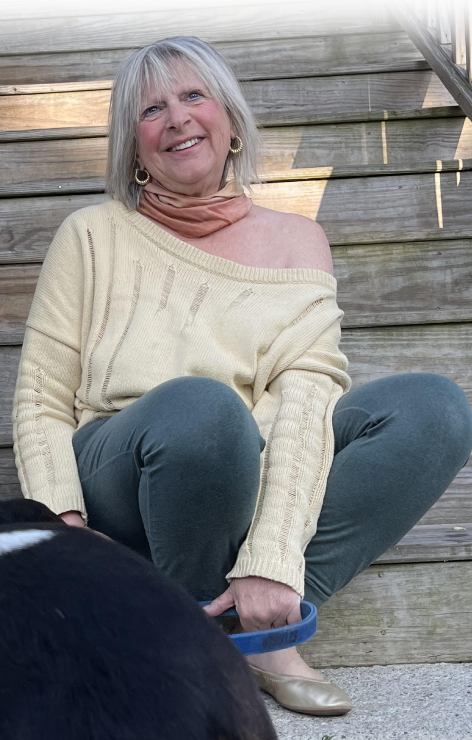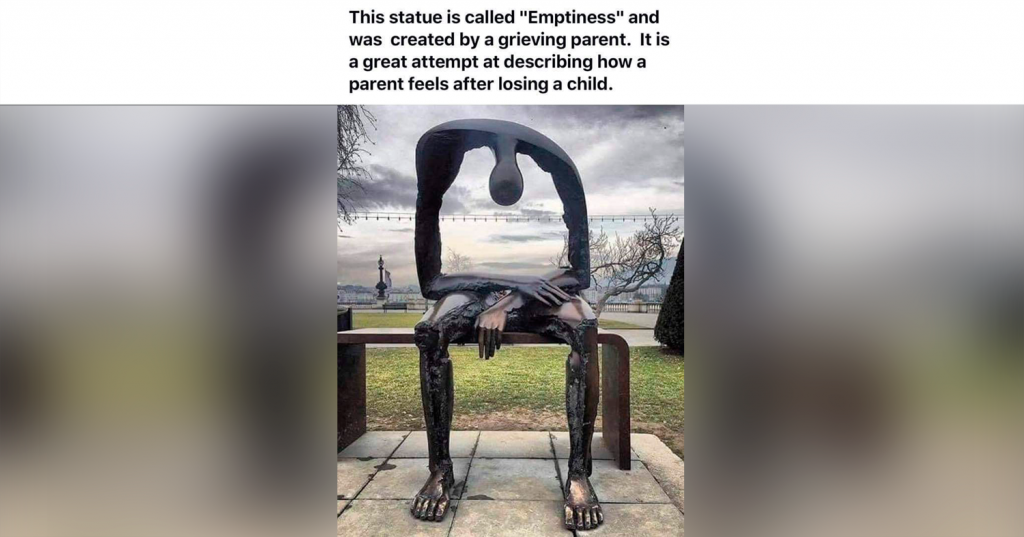Author
Educator
My work is focused on solutions to help students, educators and their institutions to thrive, not just survive.


I have been focused of late on trauma and its profound effects on students across our educational system. Most recently, I have addressed how to think about trauma “anniversaries” and the complexities that are entailed in remembering and honoring and commemorating natural disasters and other unspeakable events like school shootings, suicides and deaths by overdose.
In particular, I have been thinking about the need to plan commemorative events because there are so many people affected and so many possible approaches that we need to reflect long and hard on how to do what is best for survivors. Whole communities are involved.
It is in this context that I read a piece published by the Viva Center, founded in 2010 and dedicated to addressing mental health. Here is the link to the article that made, in several words, my blood boil:
In this piece, the Center recognizes the need to have commemorative events of bad things that occurred. That’s the good news. On that we agree. But, it was the list of possible events that set my mind on fire. And, to avoid editorializing or editing, here is what they wrote in their piece linked above on anniversaries and I quote:
“Here are a few ways to commemorate your anniversary:
Donate time or money to charity, especially if that charity aims to prevent or to help others who’ve experienced trauma
Organize a dinner with loved ones. You may choose to make this a reflective occasion or a loving, joyful one. Do what best fits your needs;
Visit a meaningful spot, like a place that you associate with happiness or healing;
Plant a tree and bring new life into the world;
Express your feelings through art, writing, dancing, or another activity where you can release your thoughts;
Make yourself laugh by seeing a funny movie or hanging out with your most hilarious friends.”
Now, perhaps some of these suggestions work for some people for some traumas. But, in the world in which I work (schools shootings; organizations working with detained children; concert shootings; suicides), I find it unfathomable that one would “celebrate” by seeing a funny movie or meeting with hilarious friends. Seriously, that can’t be the right advice.
Sure, we could celebrate a divorce with something “funny,” depending on the circumstances. Perhaps the death of a comedian calls for something funny as a way of remembering. But for me, this list is defective and not mildly defective.
What this piece reinforces for me is that there are different types of trauma and people respond to them differently. And, we need to recognize these differences and not amalgamate all trauma as if it were uniform and uniformly experienced. Then, there is the issue of remembering horrific events alone or with family members or with the larger community.
Take the death of a young child as a result of a school shooting in which a large number of deaths occurred of teachers and students. I find it hard to believe that a single family would plant a tree (except in their own backyard). Wouldn’t there be key opportunities to engage at the site of the shooting with others and have a “mass” planting where grief was shared, including with experts present. The Viva Center is focused on individual actions, not community grief. Sure, there are individual instances of tragedy but war (they mention the VA) is surely not one.
The idea of visiting a tranquil spot makes sense for an individual, for example, who has scattered the ashes of a loved one at sea and wants to visit the ocean as a remembrance. But, consider 9/11. Don’t most people affected want and need a memorial that is tangible and stable and constantly there, a place one can visit and a place where one can remember? Remember the amazing lit chair in Oklahoma City? Where are those kinds of suggestions?
Donating time or money to a cause may be appropriate in some circumstances. For example, if one’s child overdosed, I can see donating to addiction facilities or drug rehabilitation efforts or to a particular center where the deceased was well treated. But, for many, the idea of how to handle a trauma like a school shooting is not necessarily to donate to gun control or education even. Might a collective alternative response be to reflect on the events and their impacts and search for ways other than (or in addition to) money to remember? Is the idea giving or receiving?
We often use money as a surrogate for engaging with deeper feelings. Just send a check. Well, perhaps that works if one has the money to write checks. But, even for those with dollars, it seems like a “cheap way out” of grief.
Perhaps the Viva Center is focused on individual trauma and I focus on mass trauma. And, for me, all trauma requires a deep investigation into context and culture and preparation pre-trauma and the quality of the trauma response at the moment it occurs and in the hours and days after.
I worry that people will read the Viva piece and think that anniversaries are “fun events,” ones that are joyous or humorous. For me and in the experiences I have had professionally and personally, that is not how I would describe trauma remembrances. We need to be careful here. We need to plan. We need to reflect on all those affected — near and far.
I urge everyone who has experienced trauma to do something for anniversaries but the Viva Center list signals to me that what we do and how we do it needs vastly more nuance, thought and care. Please, don’t take that Viva piece as Gospel. Consider added perspectives. The Viva approach won’t enable the healing and absence of trauma symptomology that is so desperately needed — at year one, year two, year three.
Note: Article originally appeared on Medium.com: https://medium.com/age-of-awareness/i-beg-to-differ-on-how-to-deal-with-trauma-anniversaries-c10d5304075